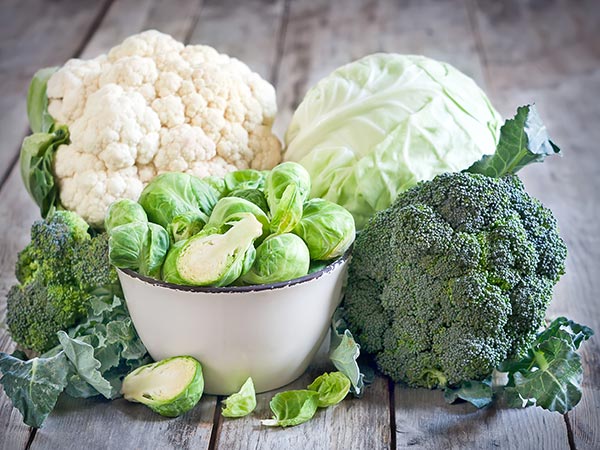Omega 3 is an important nutrient that our bodies do not produce, so we must consume it orally. It is an extremely beneficial compound because it provides numerous health benefits. It reduces the risk of heart disease, improves brain function, memory, regulates blood pressure, and controls diabetes, to name a few health benefits.
Most people rely on omega-3 supplements to meet their body’s needs. However, if you eat omega-3-rich foods, you won’t need to buy those pricey supplements.
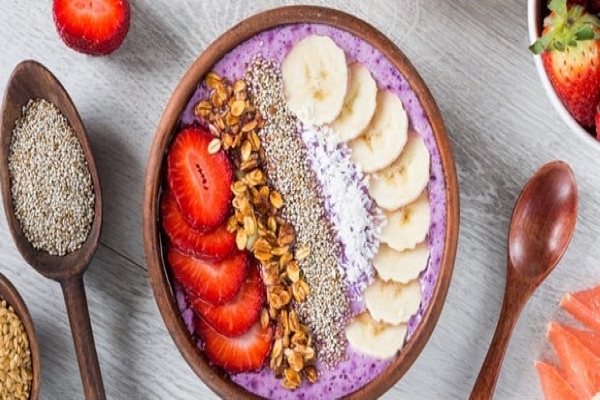
Here is a list of the top ten foods high in omega 3 fatty acids.
Salmon
Salmon is one of the healthiest foods on the planet. It is high in protein, magnesium, potassium, B vitamins, and selenium, among other nutrients. It’s also one of the best sources of omega-3 fatty acids. What makes it more nutritious is the antioxidant astaxanthin, which is abundant in it. Salmon fish has numerous health benefits, including lowering the risk of cardiovascular disease, dementia, and mental health problems.
Salmon calories: 120 calories per 100 grammes
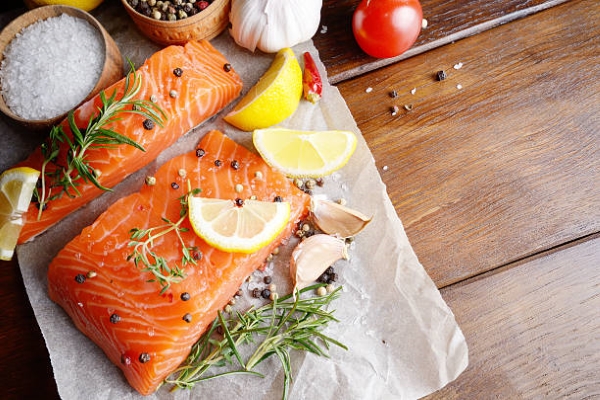
Flaxseeds
These small brown diamond-shaped seeds are dubbed the “new superfood.” People who are trying to lose weight usually consume them. Many people use it as part of their daily routine. Flaxseeds are the richest source of omega 3 fatty acids, and its oil is used as an omega 3 supplement. These seeds are also high in magnesium, fiber, Vitamin E, manganese, phosphorous, selenium, and protein.
Flaxseeds have 535 calories per 100 grammes.
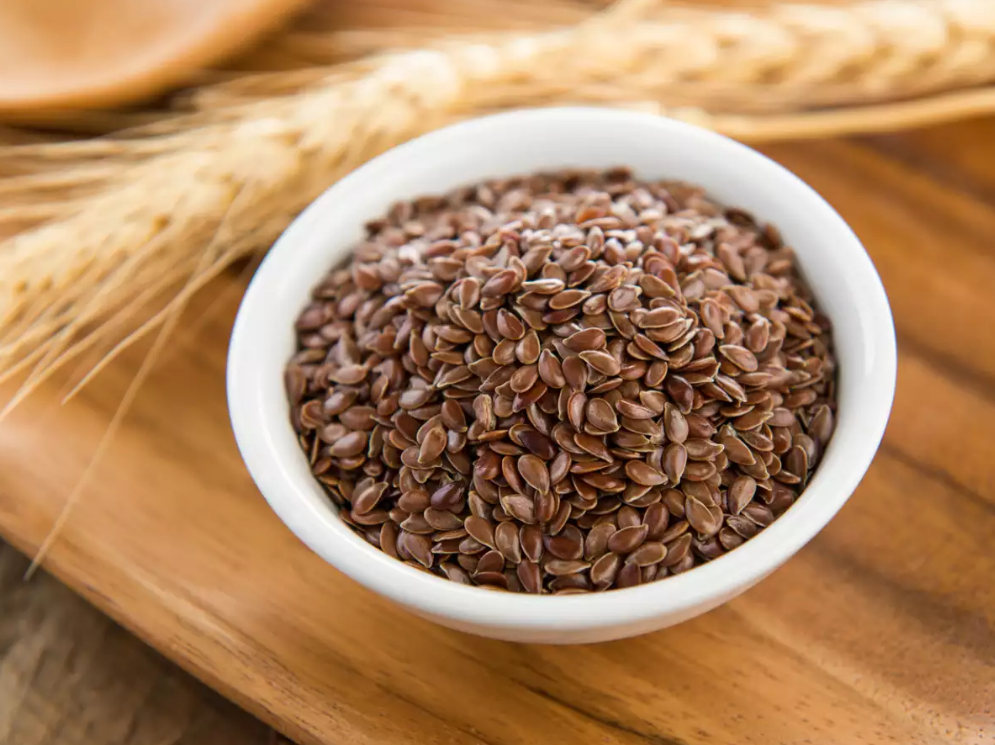
Walnuts
Walnuts contain a high concentration of omega-3 fatty acids, antioxidants, fiber, vitamins, calcium, fat, and protein. The skin of the walnut, which contains the antioxidant phenol, should not be removed before eating. Walnuts fight depression, improve memory and mental health, improve cardiovascular health, prevent cancer, and help with weight loss.
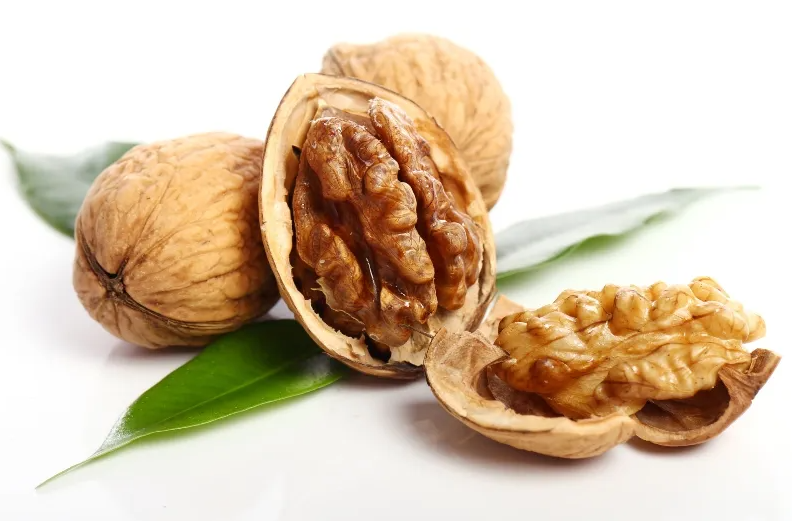
Soybeans
Soybean contains a lot of fiber and protein. It also contains a lot of nutrients like folate, potassium, magnesium, and vitamins. Soybeans contain more omega-6 fatty acids than omega-3 fatty acids. Omega 6 is also necessary for our bodies. To maintain a healthy balance, both should be consumed in moderation.
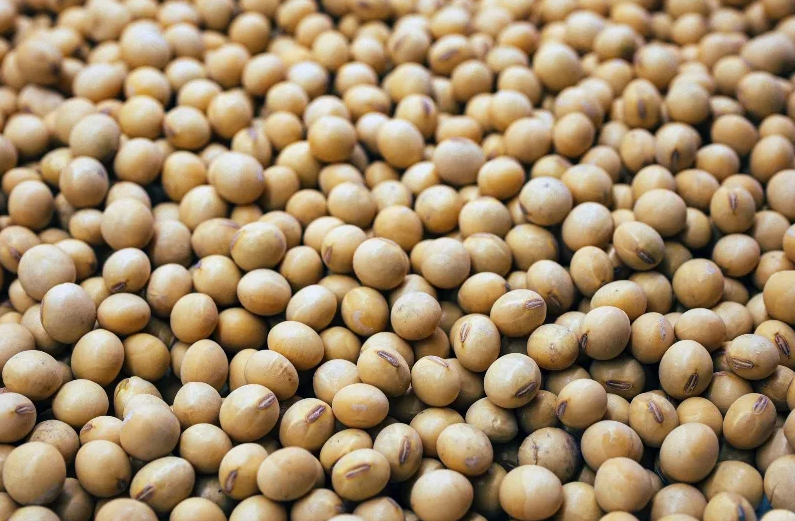
The seeds of chia
Chia seeds are scientifically known as saliva Hispanic. Chia seeds have recently gained popularity as a superfood. It is a nutrient powerhouse that is also very easy to digest. Chia seeds have 486 calories per 100 grammes. Chia seeds are a good source of omega-3 fatty acids. It contains fiber, calcium, iron, and anti-oxidants in addition to omega 3. Chia seeds are high in protein and aid in weight loss, as well as lowering the risk of cardiovascular disease and type 2 diabetes. If taken before a workout, chia seeds are equivalent to a sports drink. Chia seeds can be added to oatmeal or pancake batter.
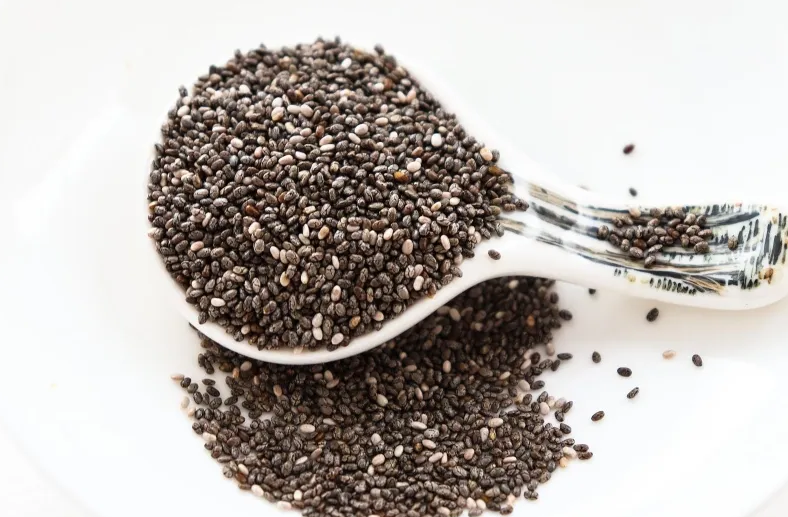
Eggs
Though gym goers prefer egg whites, the entire egg, including the yolk, is nutritious. Eggs are high in protein and also contain vitamins, minerals, and omega-3 fatty acids. The chemicals in eggs act as a glue in baking, which is why egg-based cakes are more tender than others. The egg white contains selenium, vitamin B6, vitamin B12, zinc, iron, copper, and minerals. The yolk of an egg contains more calories and fat. The omega-3 content of eggs varies depending on what the chicken has been fed. If you want omega 3 in your eggs, read the label first.

Seeds of mustard
Mustard seeds are high in omega 3 fatty acids and have been shown to increase metabolism. According to a study conducted by scientists at England’s Oxford Polytechnic Institute, one teaspoon of mustard seeds can increase your metabolism by up to 25%. 100 milligrams of omega 3 fatty acids are found in one teaspoon of mustard seeds. You can use mustard seeds in the same way you would black pepper. Simply sprinkle some ground mustard seeds on top of your salmon to reap the benefits of omega 3 fatty acids.
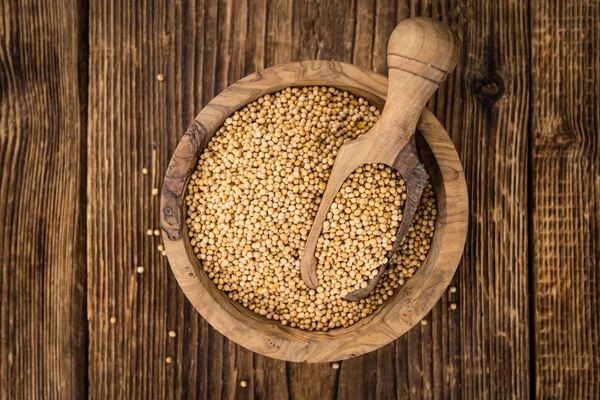
Spinach
Spinach, formerly known as the Spanish vegetable, is high in protein, zinc, fiber, vitamins E, A, C, and K, calcium, phosphorus, copper, magnesium, potassium, manganese, and iron. Spinach improves brain function and memory, lowers the risk of heart disease, regulates blood pressure, and increases energy. Spinach also contains a lot of Omega 3 fatty acids. Spinach has 370 milligrams of omega 3 per 100 grammes.
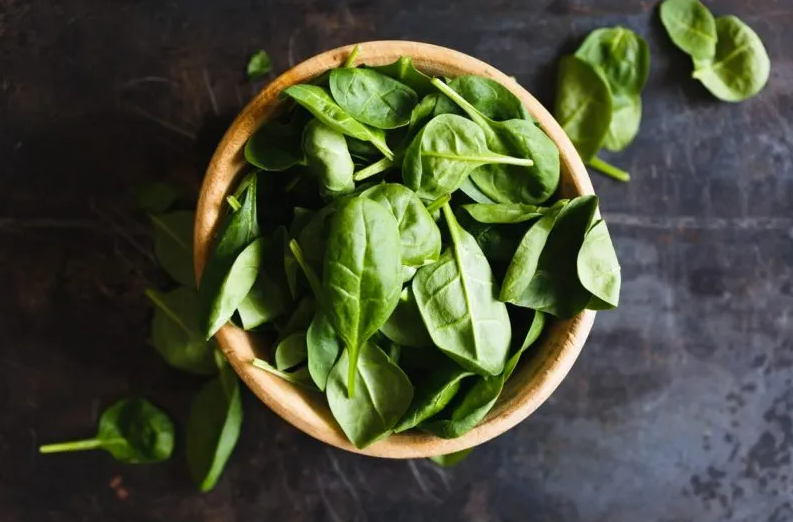
Fish liver oil
As the name implies, cod liver oil is a supplement rather than a food. It is an oil extracted from the liver of a cod fish. This oil is high in vitamin D and A, in addition to omega 3. One teaspoon of cod liver contains 41 calories and is sufficient for one day. Excess Vitamin A can be harmful to the body, so no more than a teaspoon of cod liver oil per day. Cod liver lowers cholesterol, prevents heart disease, controls diabetes, treats depression, reduces the risk of autoimmune diseases, treats kidney disease, and promotes bone health.
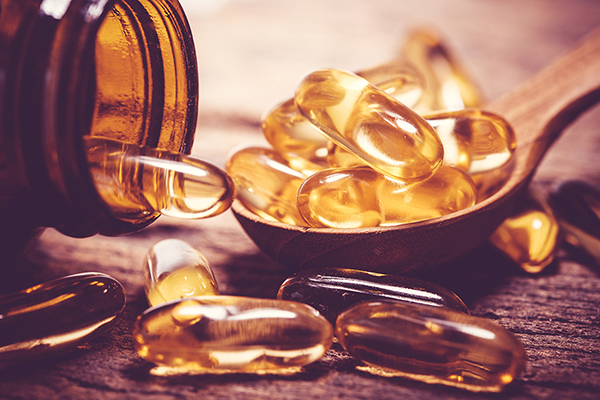
Cauliflower
Cauliflower is a common Indian vegetable. It has anti-inflammatory properties and is high in phytochemicals. Other important nutrients include magnesium, potassium, fiber, minerals, and soluble sugar. One cup of cauliflower contains about 28 calories. It is high in omega-3 fatty acids.
